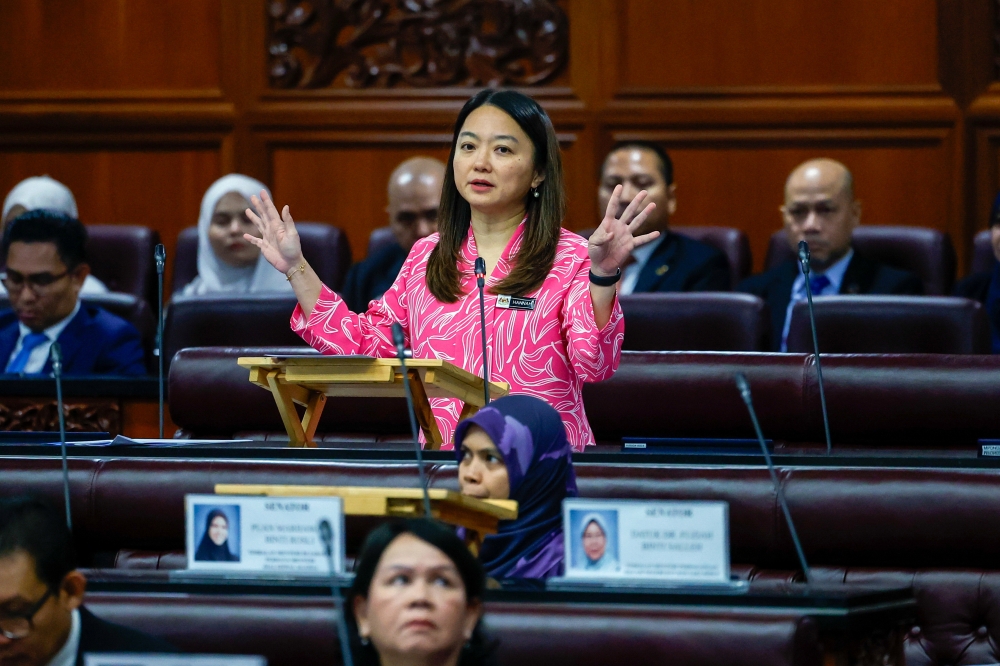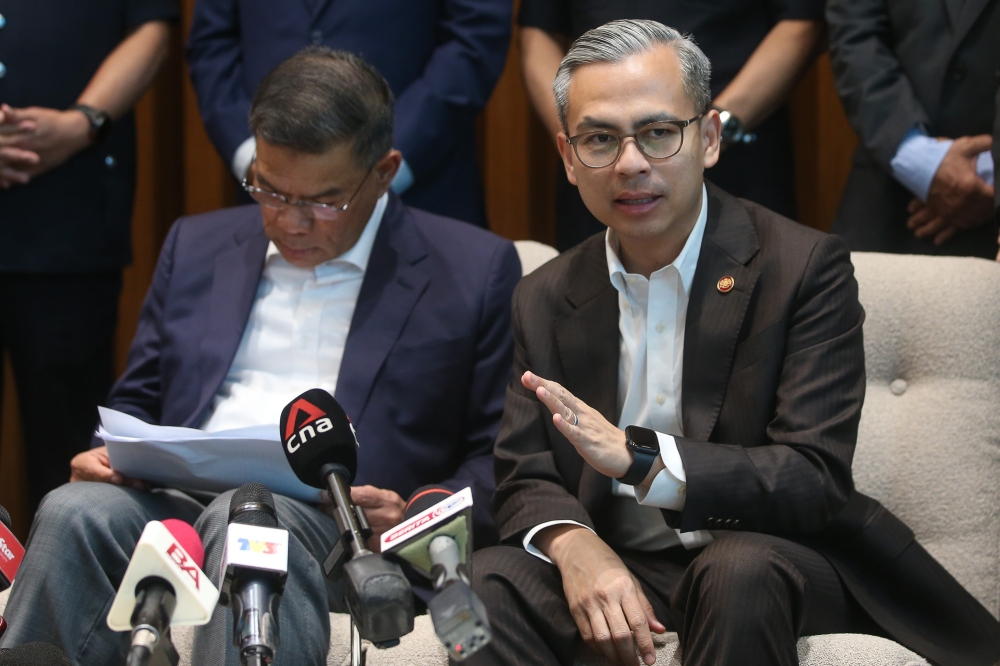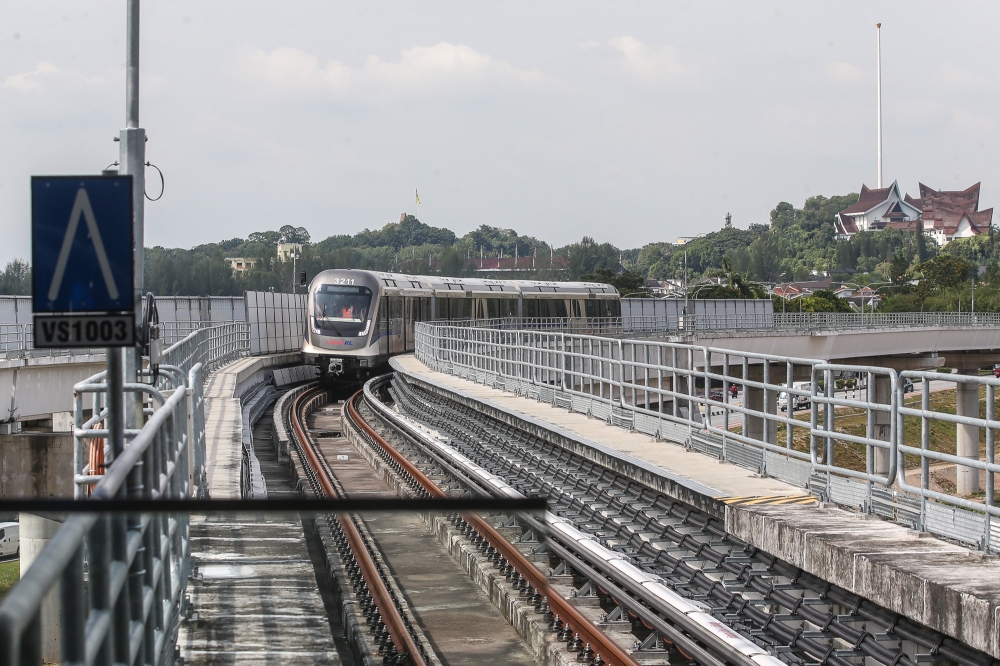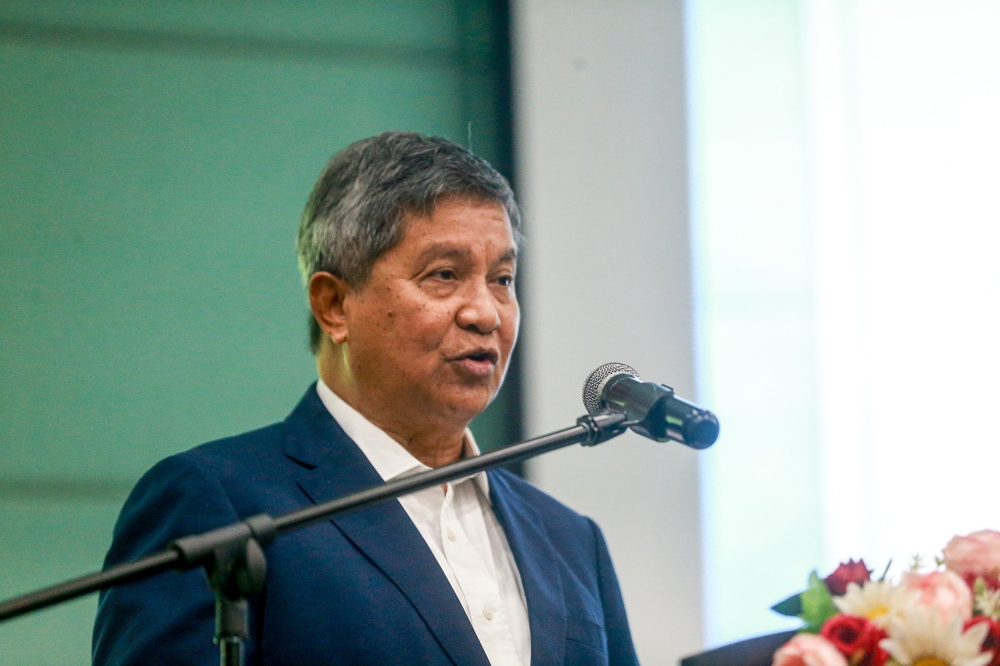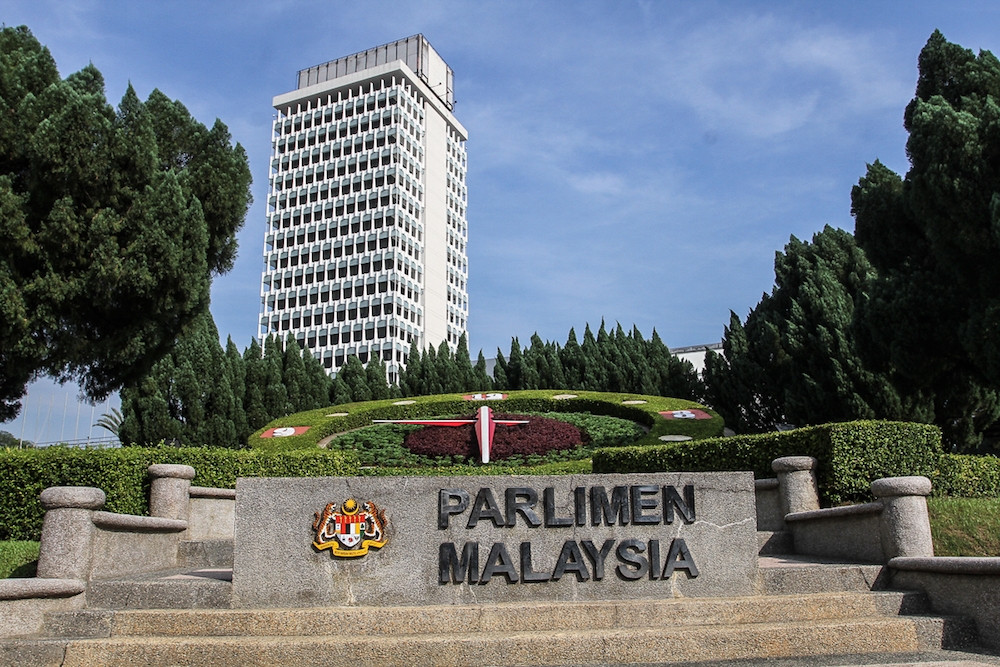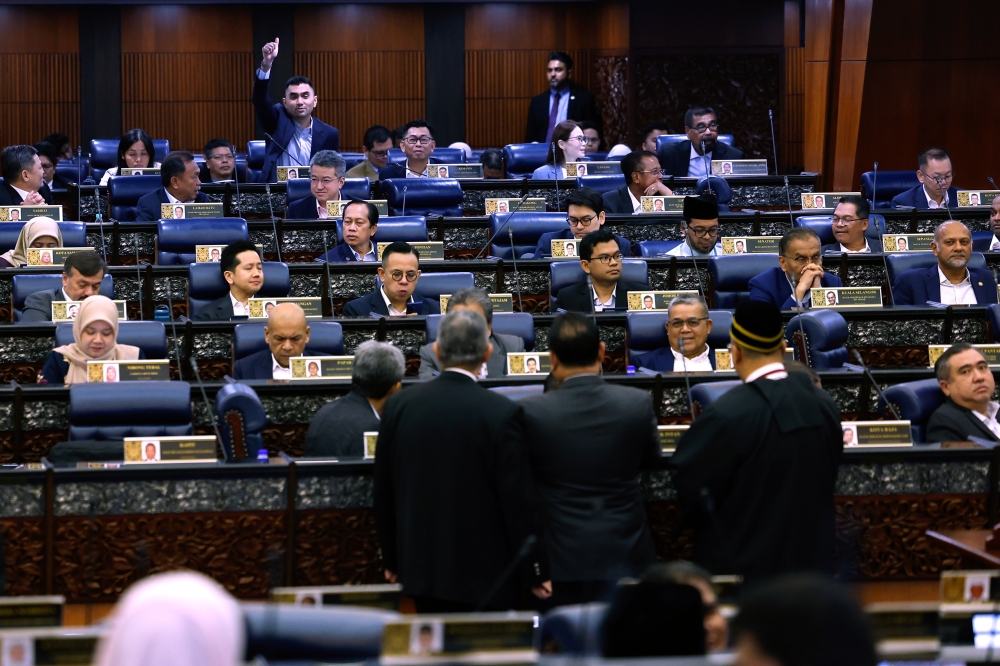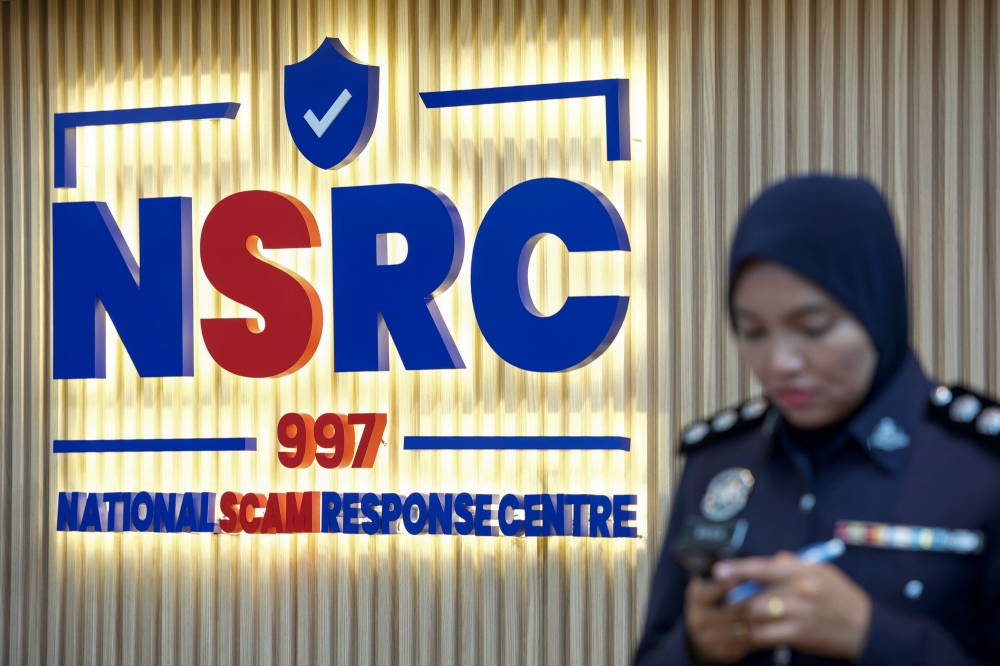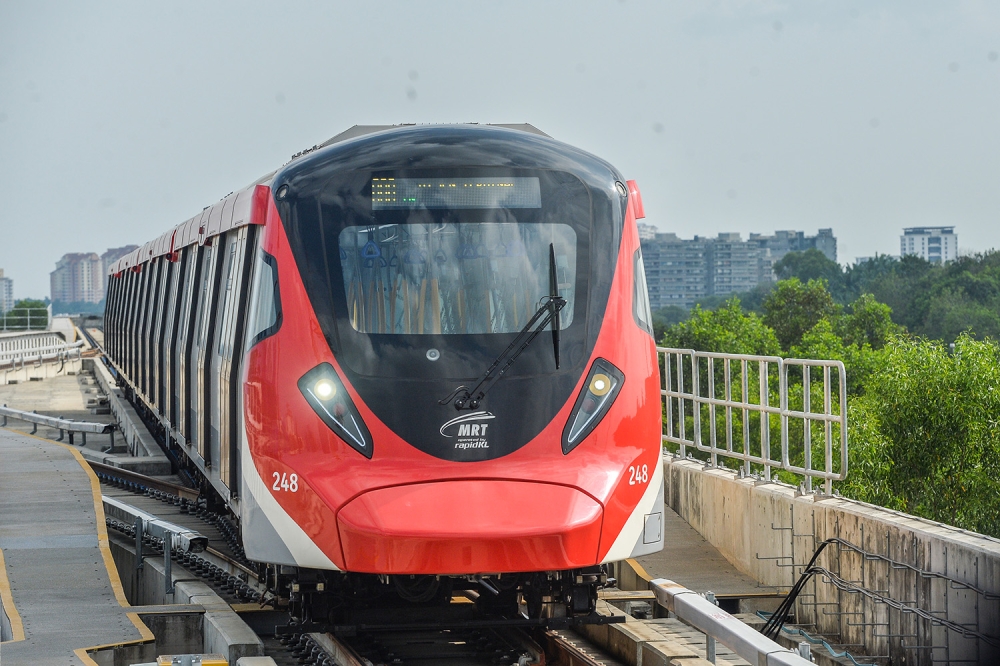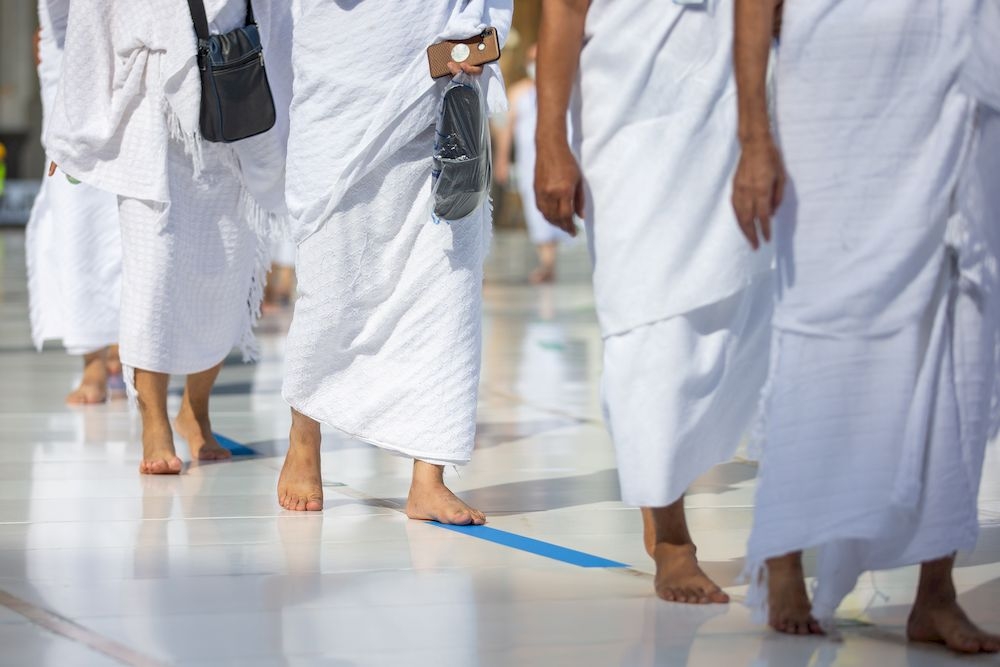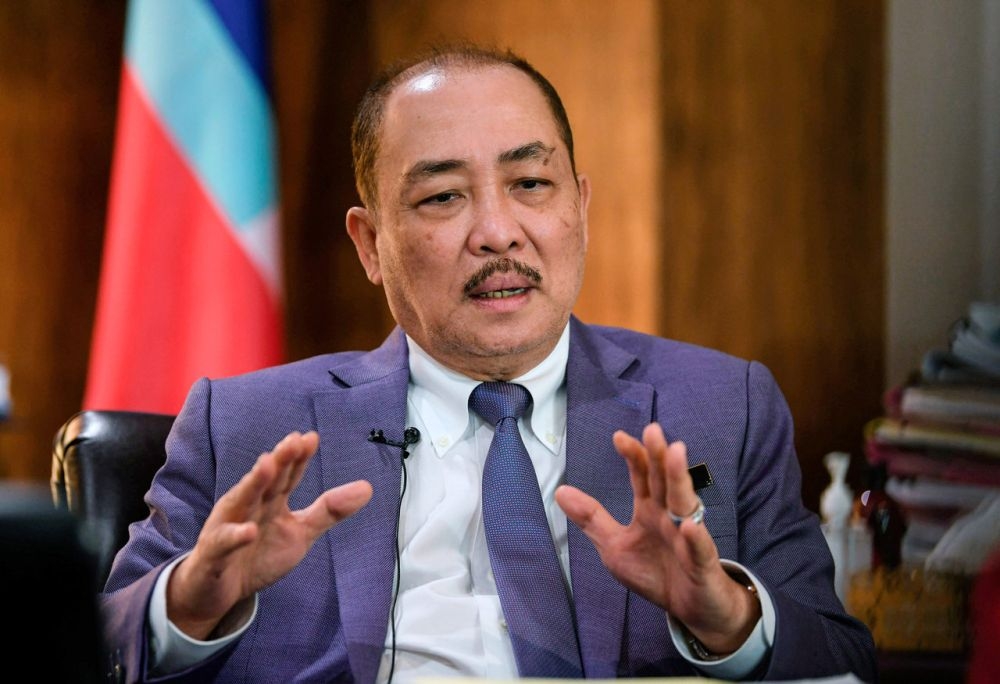KUALA LUMPUR, Jan 14 — Malaysia’s second prime minister Tun Abdul Razak Hussein would be disappointed with the nation’s ineffective checks and balances against the potential abuses of concentrated power in the hands of the executive if he were still alive today, according to his son and CIMB Group chairman Datuk Seri Nazir Razak.
Nazir, the younger brother of Prime Minister Datuk Seri Najib Razak, said their father was selfless in his dedication to nation-building and feared the corruption of absolute power.
“I think he would be disappointed by the fact that Malaysians are even more divided by race and religion today than in the 1970s, and that our version of parliamentary democracy has evolved into one where power is too concentrated, and the system of checks and balances do not function effectively,” he told The Star daily in an interview commemorating the 40th anniversary of Abdul Razak’s death published today.
Asked of his father’s values as a politician, he noted that following the bloody race riots of May 13, 1969, Abdul Razak had returned power to Parliament in 1971, overriding recommendation from his advisers to continue ruling the country as head of the then National Operations Council.
“He feared the corruption of absolute power and volunteered to be checked and balanced. As I have said elsewhere, over the years, power has become too centralised and concentrated,” the banker said.
Nazir, who had in the past expressed disinterest in politics, has been critical of the state of the Malaysian economy in media interviews and even taken to social media to express his views.
Both houses of Parliament recently passed the National Security Council (NSC) Bill which critics say is too open to abuse as it concentrates too much authority in a select panel chaired by the prime minister and its decisions cannot be questioned in a court of law.
According to the Bill, the NSC’s jurisdiction takes effect once the prime minister designates a location as a “security area” — a status that is valid for six months at a time, subject to renewal by the prime minister.
Once the NSC takes over control of a security area, security forces will have the right to search or arrest without warrant any individual “found committing, alleged to have committed, or reasonably suspected of having committed any offence under written laws in the security area”.
The Bill also seeks to empower security forces to arrest without warrant and take action against those who do not abide by an evacuation order from a security area, and also carry out searches of any vehicle or premise within the security area without a warrant.


